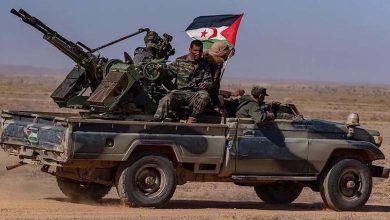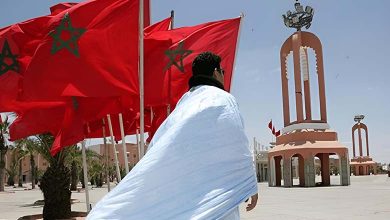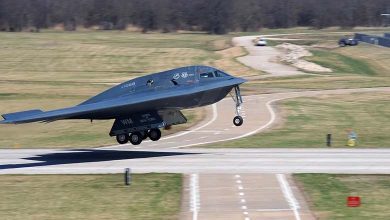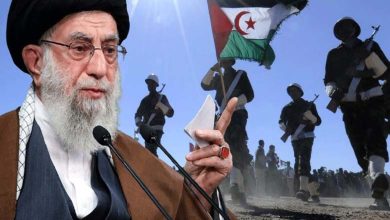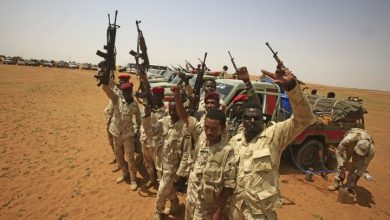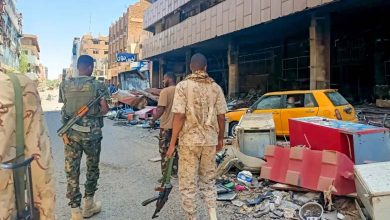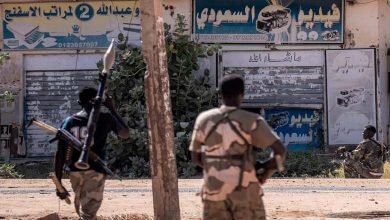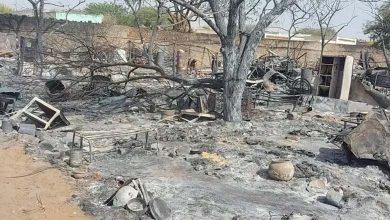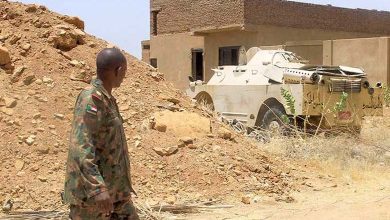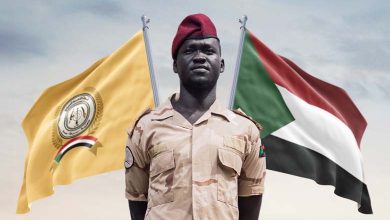The Brotherhood in Sudan return to the scene… Under the watchful eye and ear of the army!
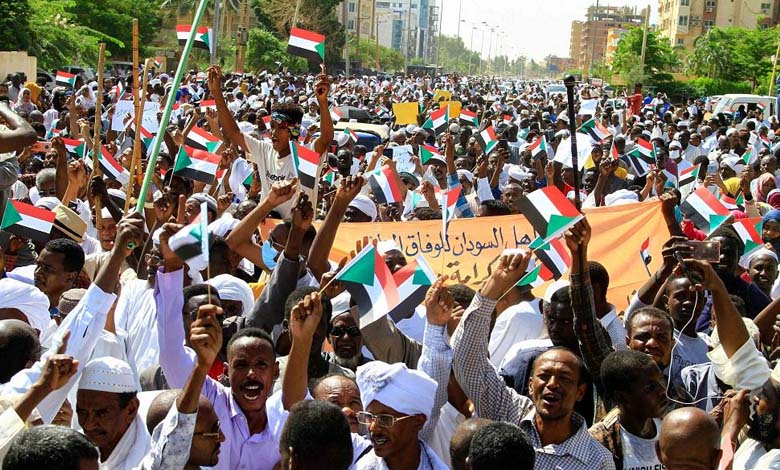
Since the military coup in Sudan, many allies of the ousted President Omar al-Bashir have been allowed to return to civilian service, while others have been released from prisons in an apparent attempt to form a government and reassure donors.
The return of the National Congress Party, which ruled Sudan during al-Bashir‘s era before being toppled in a popular uprising in 2019, comes amid a worsening economic crisis and ongoing street protests demanding a return to civilian rule.
Several Islamic groups, including the National Congress Party, had previously announced the launch of the “Broad Islamic Trend,” signaling their official return to political life. Meanwhile, officials leading a team tasked with dismantling the al-Bashir regime are being incarcerated.
These developments reflect counter-revolutionary trends across the Middle East following the Arab Spring uprisings in 2011.
Democratic forces, which helped overthrow al-Bashir, but were sidelined by the coup from power-sharing arrangements, fear the return of the authoritarian rule they fought to end.
Efforts to Constrain Islamists
Important regional powers, including Egypt and Gulf states, seek to constrain the influence of the Muslim Brotherhood internationally and may be concerned about the resurgence of Sudanese Islamic networks. However, they may still view the Sudanese army as the best ally in a fragile state with strategic significance.
Amani al-Taweel from the Al-Ahram Center for Political and Strategic Studies in Egypt stated, “Sudan is facing an existential crisis… Everyone is worried about the threat facing the Red Sea and the coast and the possibility of Sudan becoming a center for terrorism.”
Internally, the dominant role of Islamists during al-Bashir‘s era remains fresh in memory, so allowing their return to the scene may not be popular. However, diplomats and analysts see the army expanding its relationships as a step towards establishing a civilian political base in an attempt to regain much-needed foreign financial support halted due to the coup.
Western nations and international lenders insist that the credibility of a civilian government is a prerequisite for resuming financial support, yet the army has not yet appointed a prime minister.
On April 15th, General Abdel Fattah al-Burhan, who led the coup, hinted at easing the state of emergency and other measures demanded by Western countries and Sudanese political parties. However, pro-democracy groups accused him of lacking credibility, citing the arrest of protesters on the same day.
“An Unholy Alliance”
Since al-Bashir seized power in a military coup in 1989, Sudan has been a center of political Islam. However, the influence of radical Islamist ideology waned as it sought to mend international relations. The National Congress Party, linked to the Muslim Brotherhood, remained in power during a period marked by civil war, economic deterioration, and ended with al-Bashir‘s ousting.
Protesters, who continued to organize anti-army marches during Ramadan, fear Islamists may align with the military to regain power.
Omar Al-Degair, head of the Sudanese Congress Party advocating for democracy, stated this month, “An unholy alliance… to return our country to the duality of tyranny, corruption, and the miseries and hardships it produces.”
Analyst Suliman Baldo suggests the return of Islamists, along with former rebels and other army-affiliated groups, could exacerbate political tensions and has already contributed to administrative paralysis. A senior official from the National Congress Party declined to comment.
A senior official denied any alliance with Islamists, stating the army seeks to achieve “broad national consensus” that excludes the National Congress Party.
Al-Burhan on April 15th stated that the return of some affiliated with the al-Bashir regime to their positions would be subject to review, and leaders of the committee tasked with dismantling and seizing assets linked to the National Congress Party could be released.
Rapid Return Pace
However, the unofficial return of the National Congress Party seems to be accelerating. In recent months, a special court has reinstated dozens of employees to work in various institutions, including the Central Bank, judiciary, prosecution, Prime Minister’s office, Ministry of Foreign Affairs, and government media among others.
Sources in the Foreign Ministry state that returning diplomats have been assigned to lead missions abroad, while last week, the head of the government broadcasting authority, a civilian appointee, was replaced.
In March, about a thousand bank accounts were unfrozen, only to be frozen again two weeks later under orders from the Central Bank, according to Reuters.
This month, the leader of the National Congress Party, Ibrahim Ghandour, was acquitted of crimes against the state and released. He reiterated the army’s characterization of the October 25th coup as a “corrective measure.”
“What we hope for now is to agree on a transitional period governed by an agreed-upon system. A civilian government agreed upon that leads us to free and fair elections,” raised concerns among his opponents that party members and allies are pinning hopes on expected elections next year. Attempts to reach Ghandour for comment were unsuccessful.
The Army’s Position “Swinging”
Despite the ban on the National Congress Party in 2019 following the overthrow of al-Bashir, opponents have expressed concern about the potential swift return of Islamists to influential positions, possibly running in elections under different labels.
Nasredeen Abdulbari, who previously served as Minister of Justice in the transitional government before the coup, stated that the army’s stance towards Islamists has been oscillating and it has not done anything significant to exclude them from security apparatuses. He added, telling Reuters that they wanted the transitional government to follow suit and leave everyone in their positions, but that was impossible because building a new state is not feasible unless the old regime is dismantled.
Al-Bashir remains in custody, but footage of him strolling in a hospital where he was transferred on the basis of a health condition that does not permit him to remain in prison has sparked angry reactions from social media users.


